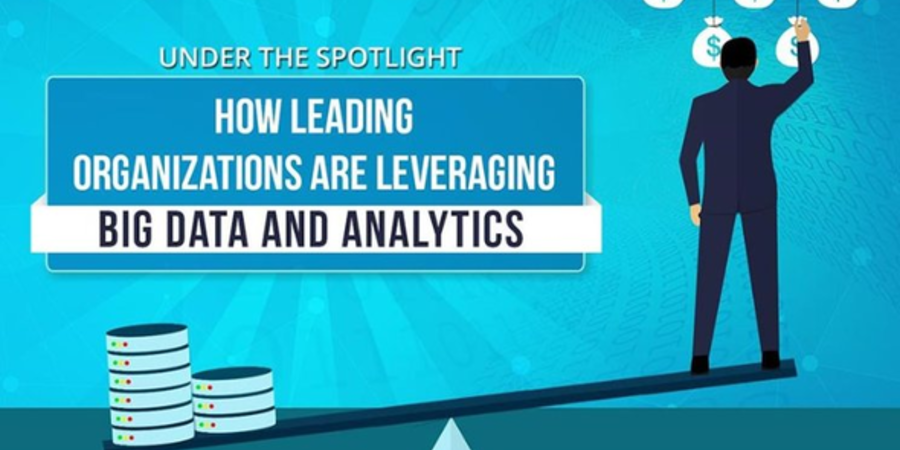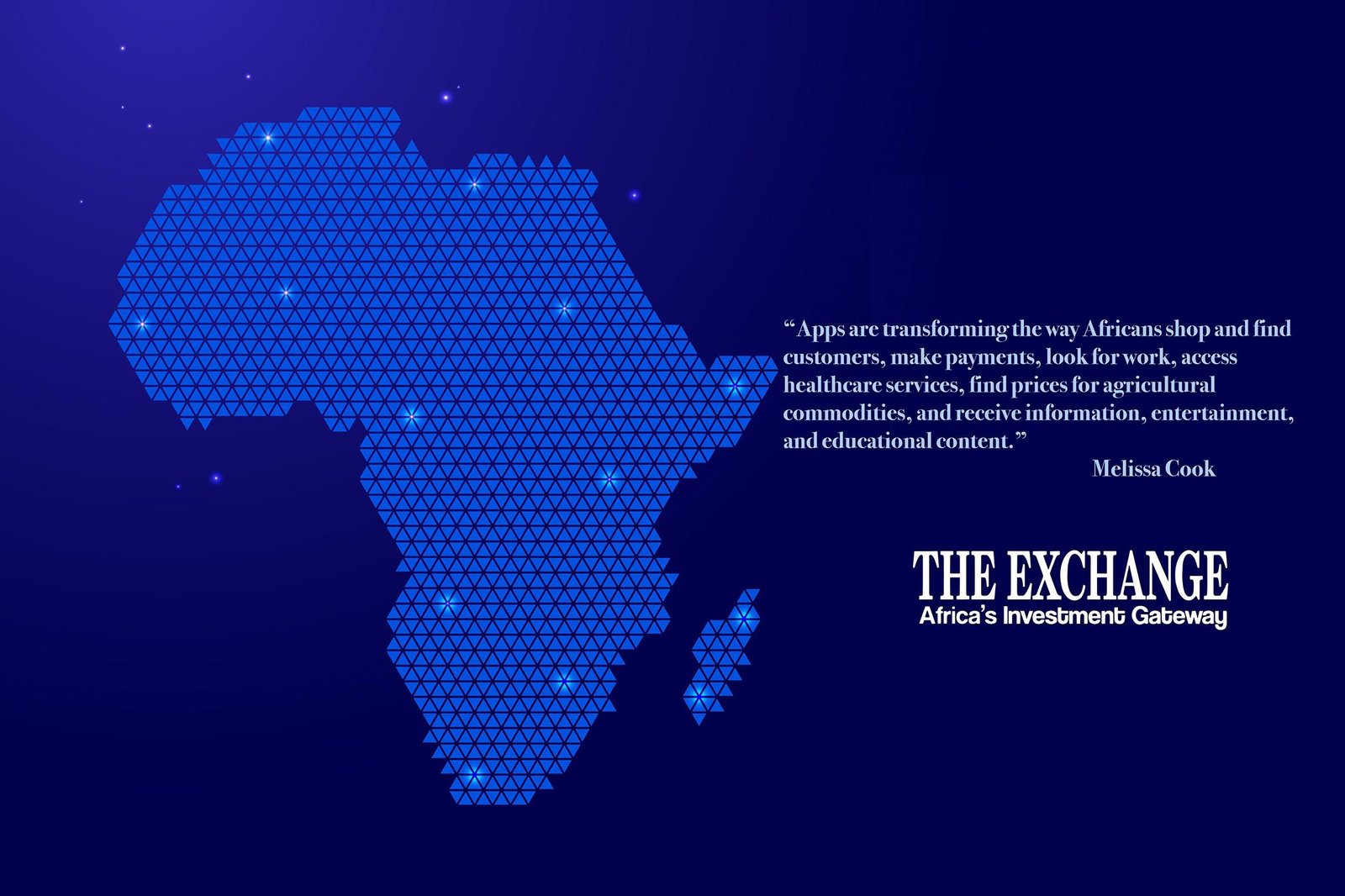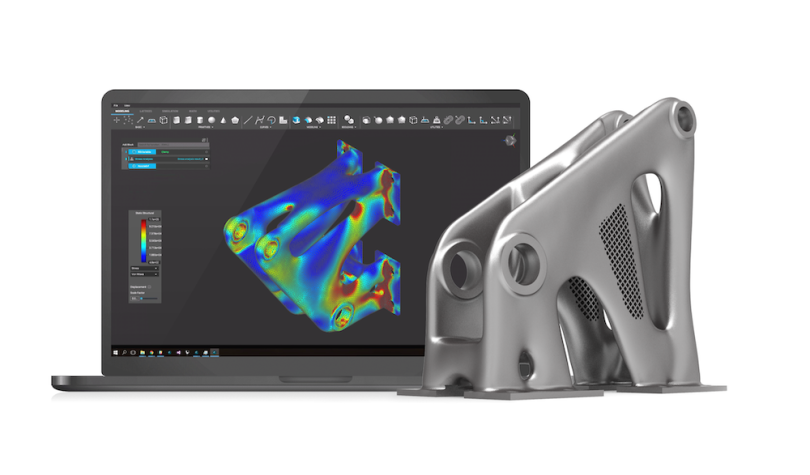Data Decoded: How Africa Is Leveraging Big Data For Development

Executive Summary

Africa is rapidly embracing big data as a transformative tool for development. From healthcare to agriculture, education, and financial inclusion, big data is unlocking new opportunities to address pressing challenges and empower communities across the continent. This article explores the key applications of big data in Africa, highlighting its potential to drive sustainable growth, improve service delivery, and empower citizens.

Introduction
In the age of digital transformation, data has emerged as an invaluable asset. Africa, with its vast and diverse population, is recognizing the immense potential of big data to accelerate development and improve the lives of its citizens. From leveraging data for precision agriculture to providing real-time health monitoring, big data is transforming various sectors and unlocking unprecedented opportunities.
FAQs
-
What is big data?
Big data refers to vast and complex datasets that are too large and complex to be processed using traditional data processing techniques. It typically involves three key characteristics: volume, variety, and velocity. -
How is Africa using big data?
African countries are using big data in a wide range of applications, including healthcare, agriculture, education, financial inclusion, and governance. -
What are the benefits of using big data for development?
Big data can provide valuable insights, improve decision-making, enhance service delivery, promote innovation, and empower citizens.
Key Applications of Big Data in Africa
Healthcare
- Early disease detection: Big data analytics enable the analysis of vast amounts of patient data, allowing for the early detection of diseases and timely interventions.
- Personalized medicine: By leveraging genetic and lifestyle data, big data can facilitate personalized treatment plans, tailoring medical care to individual patient needs.
- Improved healthcare infrastructure: Big data can optimize the distribution of healthcare resources, improve supply chain management, and strengthen health information systems.
- Disease surveillance: Big data can be used to track disease outbreaks in real-time, facilitating rapid response and containment measures.
Agriculture
- Precision agriculture: Big data enables farmers to analyze soil, weather, and crop data to optimize crop yields, reduce costs, and minimize environmental impact.
- Market forecasting: Big data can provide insights into market demand and price fluctuations, helping farmers make informed decisions.
- Improved supply chains: Big data can enhance the efficiency of agricultural supply chains, reducing food spoilage and waste.
- Sustainable farming practices: Big data can promote sustainable farming practices by analyzing data on water usage, fertilizer application, and soil erosion.
Education
- Personalized learning: Big data analytics can track student progress and identify areas for improvement, enabling personalized learning experiences.
- Adaptive learning systems: Big data-driven adaptive learning systems can automatically adjust content and difficulty levels based on individual student needs.
- Improved teacher training: Big data can provide insights into teacher effectiveness and support professional development.
- Access to educational resources: Big data can facilitate the delivery of educational resources to remote and underserved areas through mobile devices and online platforms.
Financial Inclusion
- Credit scoring: Big data can be used to assess creditworthiness, enabling financial institutions to provide loans to underbanked individuals and small businesses.
- Fraud detection: Big data analytics can detect fraudulent transactions and prevent financial losses.
- Mobile banking: Big data can enhance the reach and efficiency of mobile banking services, providing financial access to unbanked populations.
- Financial planning: Big data can provide personalized financial planning advice based on spending patterns and financial goals.
Conclusion
Big data has the potential to transform Africa’s development trajectory by empowering policymakers, businesses, and citizens with valuable insights. By leveraging this vast resource, African countries can address pressing challenges, improve service delivery, and create new opportunities for growth and prosperity. Embracing big data as a strategic asset will be crucial for Africa to harness the full potential of the digital revolution and achieve sustainable development goals.
Keyword Tags
- Big Data in Africa
- Healthcare
- Agriculture
- Education
- Financial Inclusion






